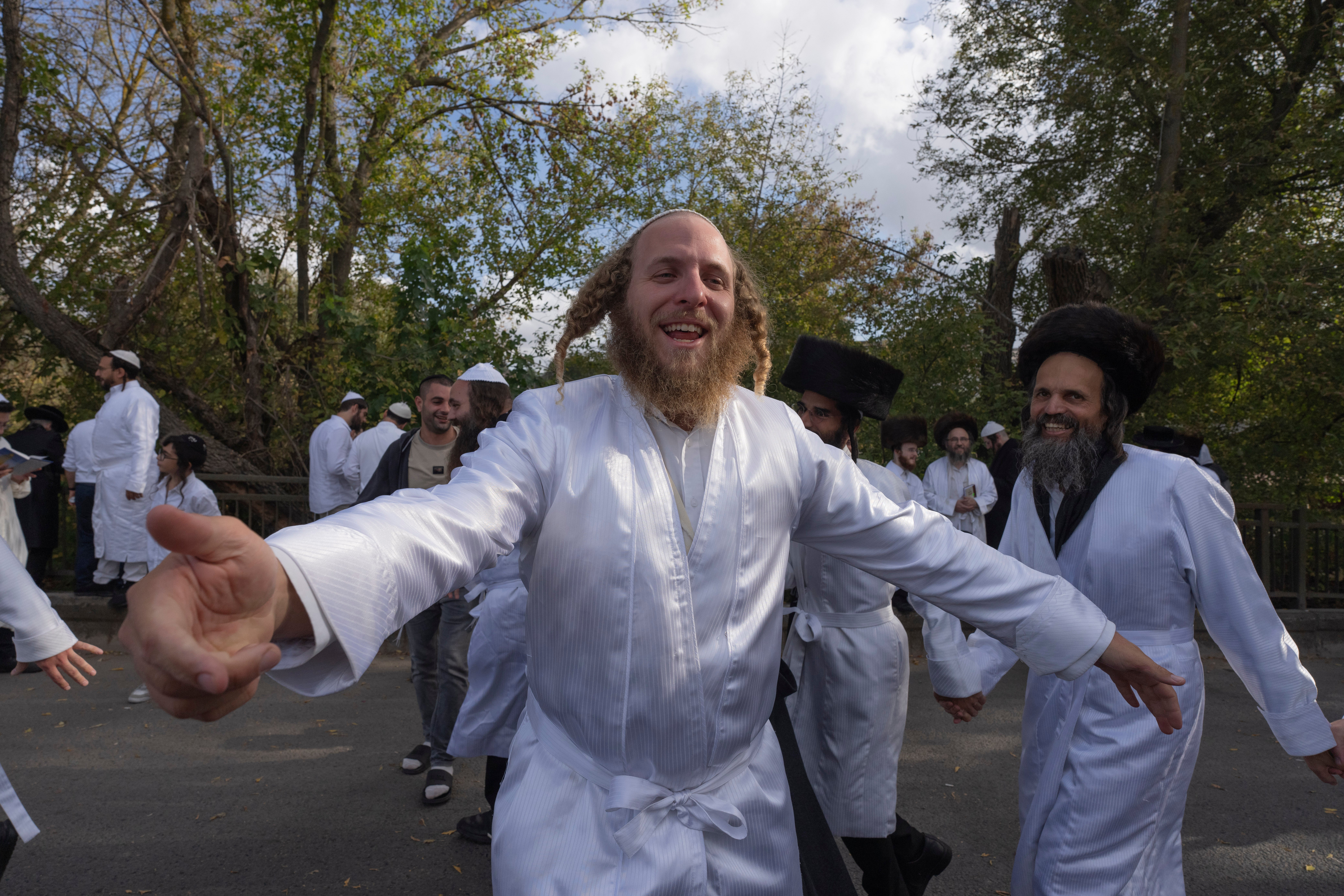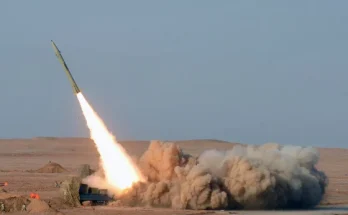Bandung, Seatizens – In the town of Uman, central Ukraine, the atmosphere is charged with prayer chants and the sounding of traditional ram’s horns. Thousands of Jewish pilgrims gather for the annual celebration of Rosh Hashana, despite the ongoing war with Russia.
According ABC NEWS, the located 200 kilometers (125 miles) south of Kyiv, Uman undergoes a remarkable transformation for the Jewish New Year. The streets are adorned with Hebrew signs to guide pilgrims. They come to pay their respects at the tomb of Rabbi Nachman, a prominent figure and the great-grandson of the founder of the Hasidic movement.
This year, officials reported that approximately 35,000 pilgrims made the journey to Uman. This number matches the attendance from previous years, despite warnings from Ukrainian and Israeli diplomats about security threats.
Rabbi Moshe Reuven Azman, a prominent leader in Ukraine’s Jewish community, has consistently urged international pilgrims to reconsider traveling to Ukraine. He expressed deep concern for the safety of those planning to visit. “Every year since the onset of Russia’s full-scale invasion, I communicate on Israeli television and radio,” he stated. “I call on Jewish pilgrims not to come to Ukraine. My primary concern is for the lives of people.”
The ongoing conflict has intensified over the past three years. Russian forces launch drone and missile attacks on Ukrainian territories almost daily, creating an unpredictable environment. Active combat regions extend along a 1,000-kilometer (620-mile) front, particularly in eastern Ukraine. Here, Russian forces continue to gain ground. This year alone, they have captured significant territories, including the city of Vuhledar.

Among the pilgrims is 18-year-old Nachman Shitrit, who traveled to Uman from Haifa, Israel, with his father. He has made the pilgrimage over a dozen times and stated, “The war here didn’t scare me from traveling to Ukraine; there’s also war where I came from.”
This year’s pilgrimage occurs during a turbulent period in the Middle East. Israel grapples with multiple fronts, including conflicts with Hamas in Gaza and Hezbollah in Lebanon. Ongoing tensions also arise from Iranian-backed militants across the region. This complex geopolitical landscape presents additional challenges for pilgrims journeying to Ukraine.
Since the onset of Russia’s full-scale invasion in February 2022, Ukraine has closed its airspace. This closure has compelled travelers to navigate overland routes through other European nations to reach Uman. Earlier this week, the United Jewish Community of Ukraine reported that over 14,000 pilgrims could not travel to Uman. This was partly due to missile strikes from Iran against Israel, which led to the cancellation of numerous flights.
Meir Shpanier, a 23-year-old traveler from Tel Aviv, reflected on his journey’s difficulty, which added deeper meaning to the pilgrimage. “I managed to get here by a miracle,” he recounted. “My travel agent booked a flight from Tel Aviv to Budapest. A Ukrainian driver picked me up there, and we drove for 22 hours to reach Uman.” He added, “Some of my friends had to travel through five countries.”

Shpanier concluded, “Because I had to work hard to get here, it means more to me now. I think we’re all blessed to be here.”\
READ ALSO : Facing Myanmar Crisis, South East Asian leader gathered in Vientiane, Laos
As the congregation gathers to celebrate Rosh Hashana, the resilience and faith of the Jewish community shine through. Their unwavering spirit is a reminder of hope and unity in the face of adversity.
(Firyal Trinidad)




